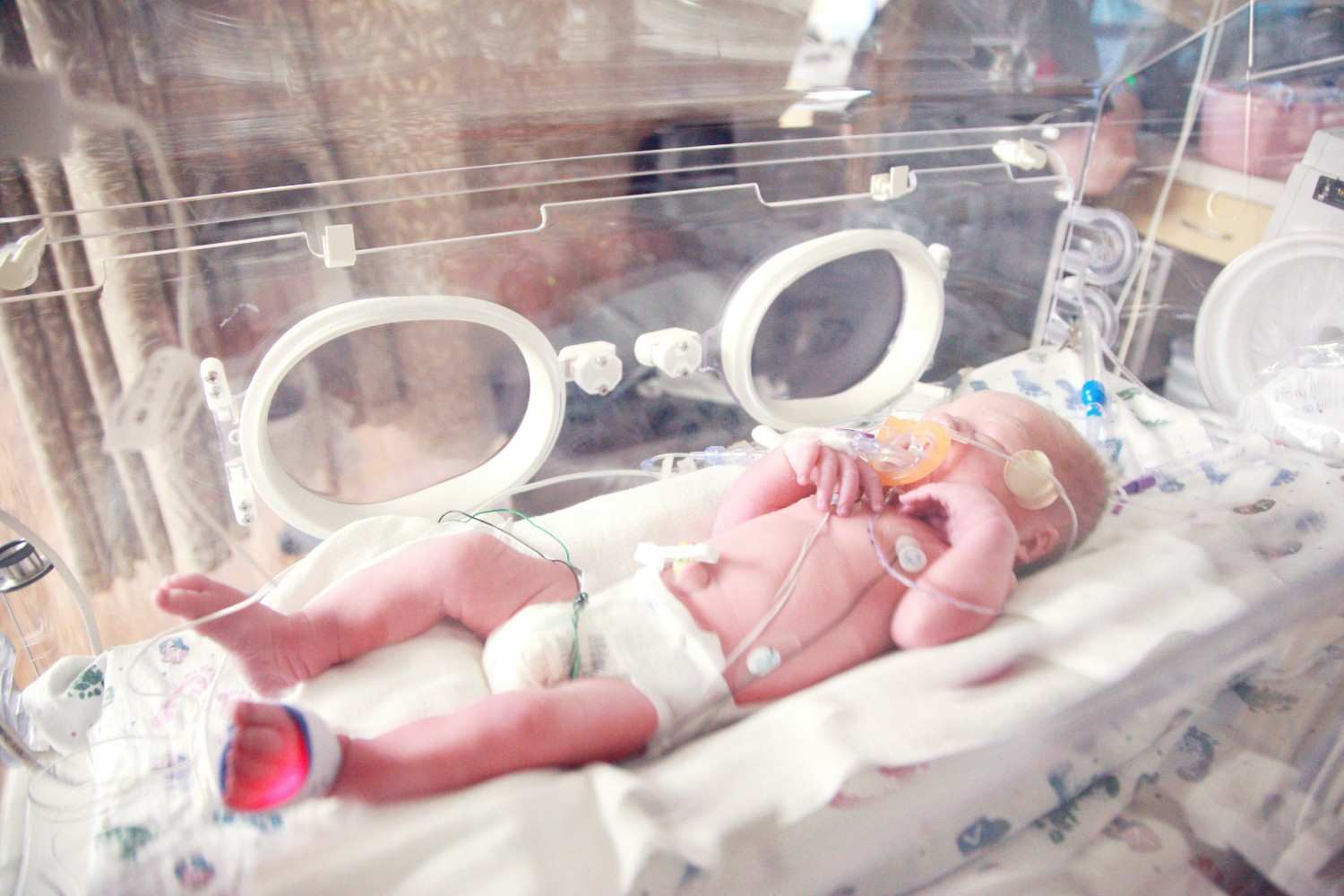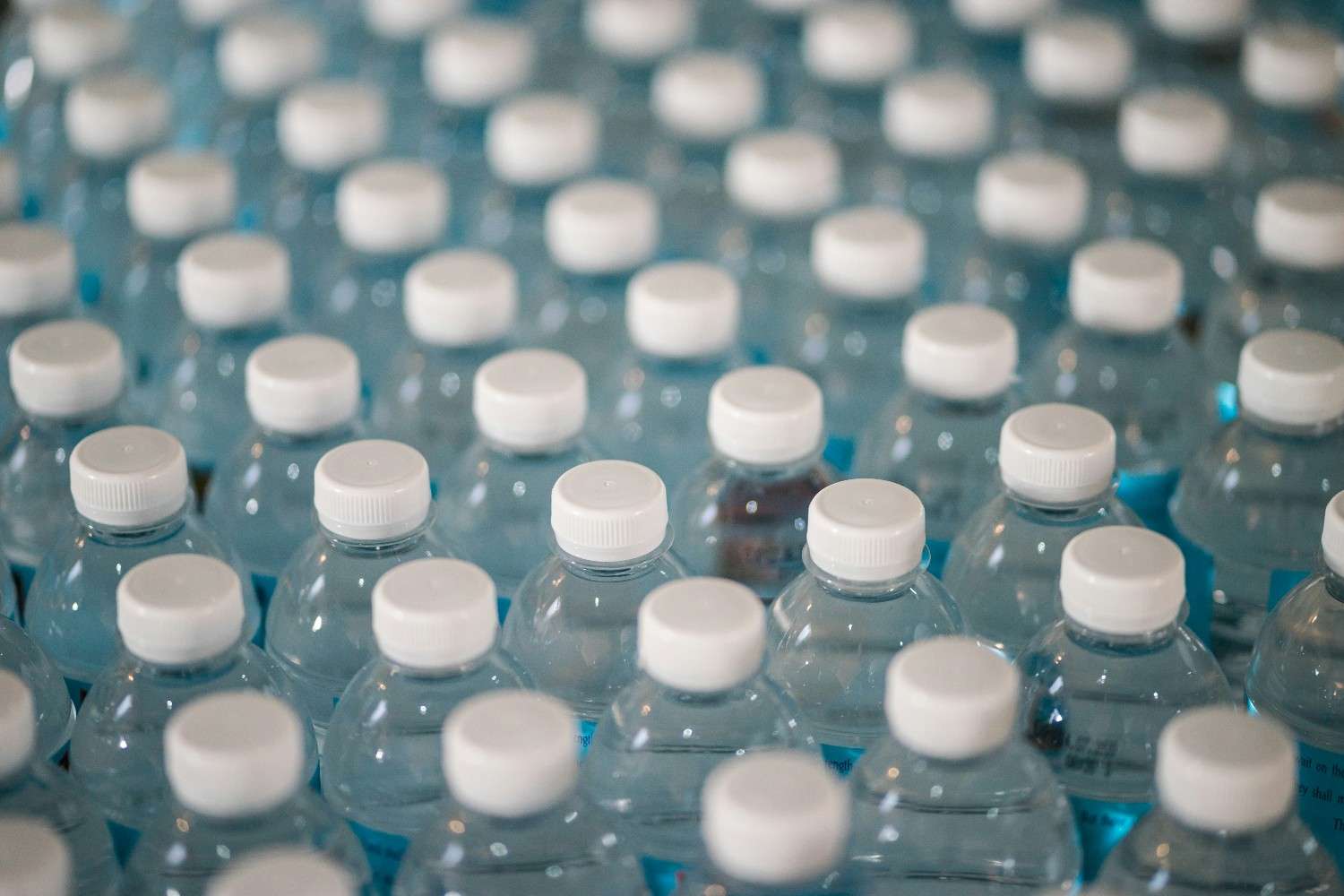Plastic-Contaminated Foods Linked to Increased Premature Births Risk

Premature births risk are linked to food covered with plastic. We all know the harmful effects of plastic on our bodies. The study says that plastic is one of the premature birth risk factors. A premature birth is when a baby is delivered before 37 weeks of pregnancy. In addition to causing infant mortality, it can also result in long-term health issues. Genetic and environmental factors can also contribute to preterm birth.
A report notes that phthalates are artificial chemical substances commonly used in food packaging and personal care items. This can lead to premature baby health risks.
Di(2-ethylhexyl) phthalate, or DEHP, is said to be the primary phthalate associated with premature labor in food packaging. The study found DEHP and three analogous compounds were potentially responsible for between 5 percent and 10 percent of all premature births in 2018. Scientists believe this discovery may explain why premature births are increasing, reported.
Phthalates have been proven to disrupt hormones by disrupting the functioning of the placenta. Phthalates are known as “everywhere chemicals” since they are so prevalent. A developing fetus relies on this organ for oxygen and nutrients.
Lead author Dr. Leonardo Trasande, director of environmental pediatrics at NYU Langone Health, notes that phthalates can also cause inflammation that disrupts the placenta even more, triggering preterm labor.
Pregnant women exposed to ultraprocessed foods were found to have greater exposures to phthalates, according to this study.

According to a new bill announced Thursday in the California Legislature, plastic shopping bags will be banned in 2026. Shoppers at checkout can purchase thicker plastic bags that are reusable and recyclable, which California already bans at grocery stores and other shops.
Read more: White Chocolate vs Dark Chocolate: Which one is healthier?
What is Di(2-ethylhexyl) phthalate and how is it increasing high risk premature birth?
Di(2-ethylhexyl) phthalate is a type of phthalate ester, a class of chemicals used primarily in the manufacture of plastics as plasticizers. Plastics, medical devices, toys, and building materials are all made with DEHP, which is widely used to produce polyvinyl chloride (PVC). Its high molecular weight and ability to efficiently bind to polymer chains make it particularly suitable for these applications.
The potentially harmful effects of DEHP and other phthalates on human health have prompted increased scrutiny, although they are useful in improving the performance characteristics of plastics. Various exposure routes can lead to DEHP entering the human body through DEHP leaching out of plastic products over time.

As DEHP is absorbed, it undergoes metabolism in the liver, which produces metabolites that disrupt endocrine function. Due to DEHP’s ability to mimic hormones like estrogen, it can dysregulate the reproductive and developmental systems.
Read more: Health Benefits of Purple Cabbage: A Nutrient-Packed Superfood
As DEHP is toxic to the reproductive system, especially in pregnant women, it is associated with high-risk premature births. During pregnancy, DEHP exposure disrupts hormonal balance, impairs placental function, and compromises fetal development, which ultimately leads to preterm labor.
DEHP’s effects on inflammation and oxidative stress may increase premature birth risks. Preterm labor is associated with systemic inflammation and oxidative damage induced by DEHP exposure. Its endocrine-disrupting properties can not only affect pregnancy to term, but can also trigger premature labor because of its adverse effects on hormonal harmony.

Additionally, DEHP and its metabolites are associated with adverse pregnancy outcomes such as preeclampsia and intrauterine growth restriction. Through many mechanisms, DEHP undermines maternal and fetal health, leading to premature labor, which has profound consequences for neonates.
Read more: Nutrient Nirvana: Exploring the 6 health benefits of walnuts
Summary
In addition to disrupting reproductive function, di(2-ethylhexyl) phthalate (DEHP) increases the risk of adverse pregnancy outcomes, such as preterm births. Regulatory actions are urgently needed to mitigate exposure and protect vulnerable populations because DEHP is a significant threat to maternal and fetal health due to its ability to disrupt hormonal signaling, induce inflammation, and compromise placental function.




